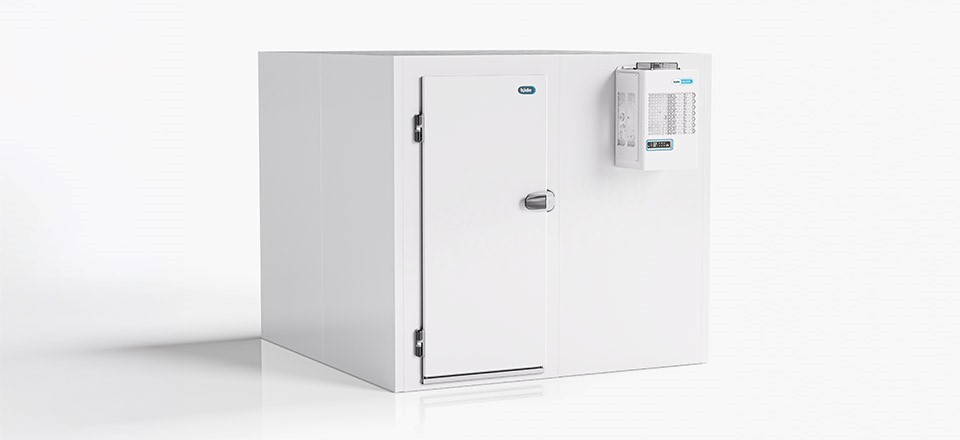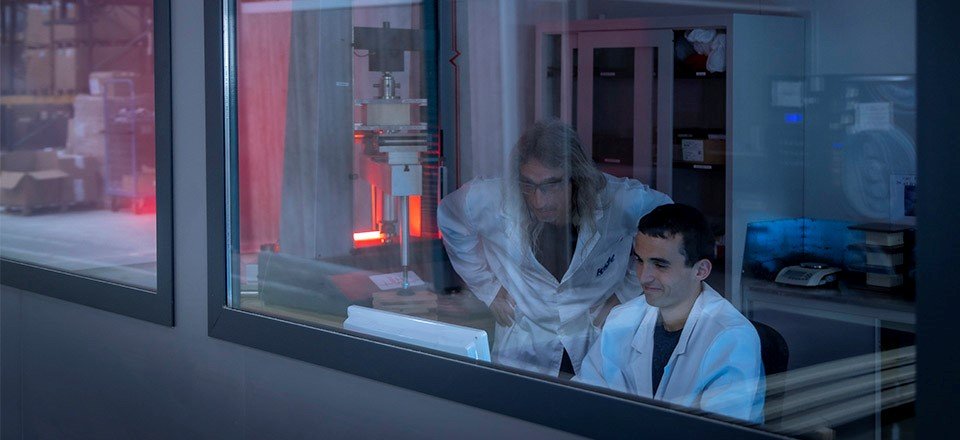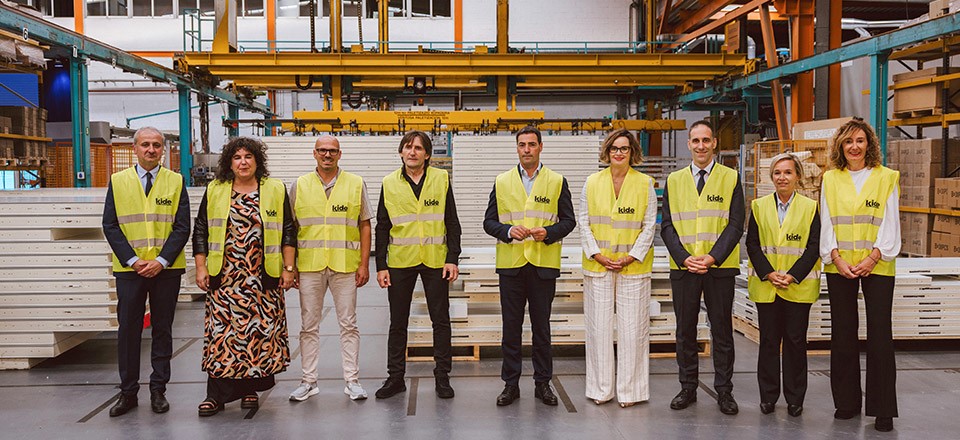Proper maintenance of cold rooms not only extends their service life but also ensures energy efficiency and food safety. A large proportion of breakdowns are due to insufficient maintenance, leading to high costs and product loss. Here are our top tips to avoid this.
1.-Check the insulation and seals
Regularly check that the doors close tightly and that the weatherstripping is not damaged. Poor sealing causes cold air to escape and increases energy consumption.
If you notice condensation or ice on the frames or inside the room, don’t wait and act immediately.
2.-Control the temperature and humidity
Monitor the internal temperature and ensure that it remains stable.
An alarm system with web notifications can minimise reaction time.
3.-Regular cleaning of surfaces and panels
Keep walls, floors, and shelving free from dirt using products that comply with food safety regulations and are non-abrasive to the equipment. This prevents contamination and improves thermal efficiency.
4.-Prevent ice build-up
Ice on valves, floors or evaporators is a sign of malfunction, misuse or poor insulation. Remove it immediately and check the cause (open doors, excessive humidity). In the case of ice on the evaporator, perform manual defrosting.If a couple of forced defrosts do not resolve the problem, contact maintenance services.
5.-Inspect evaporators and condensers
Clean and check these components to ensure efficient heat exchange. Dust or grease buildup can reduce cooling capacity.
6.-Lubricate fittings and check closures
Keep hinges well-oiled and ensure handles and guides function correctly to prevent premature wear.
7.-Schedule preventive maintenance
Do not wait for faults to appear. Set up regular inspections with trained personnel to detect issues before they become costly breakdowns.







